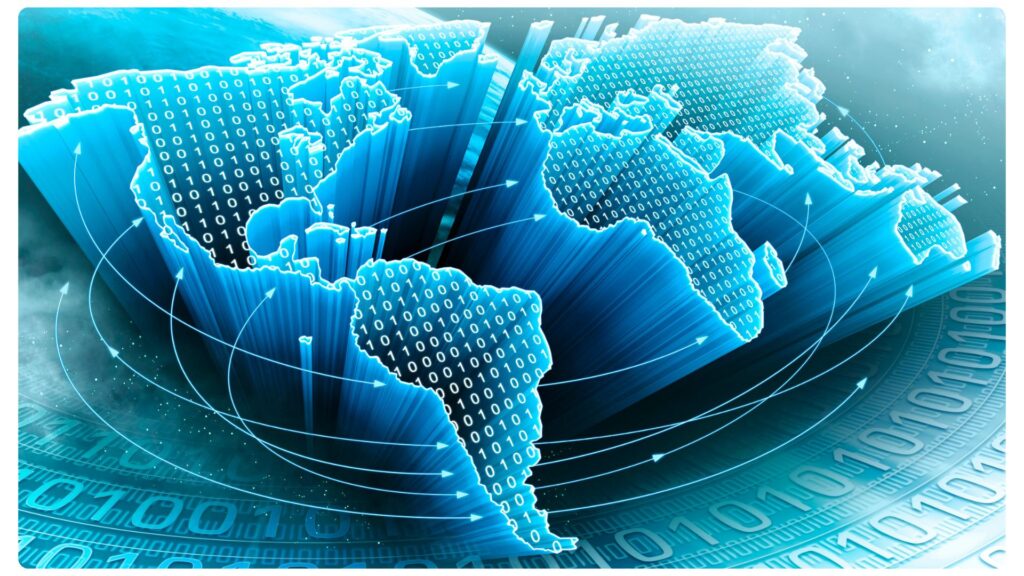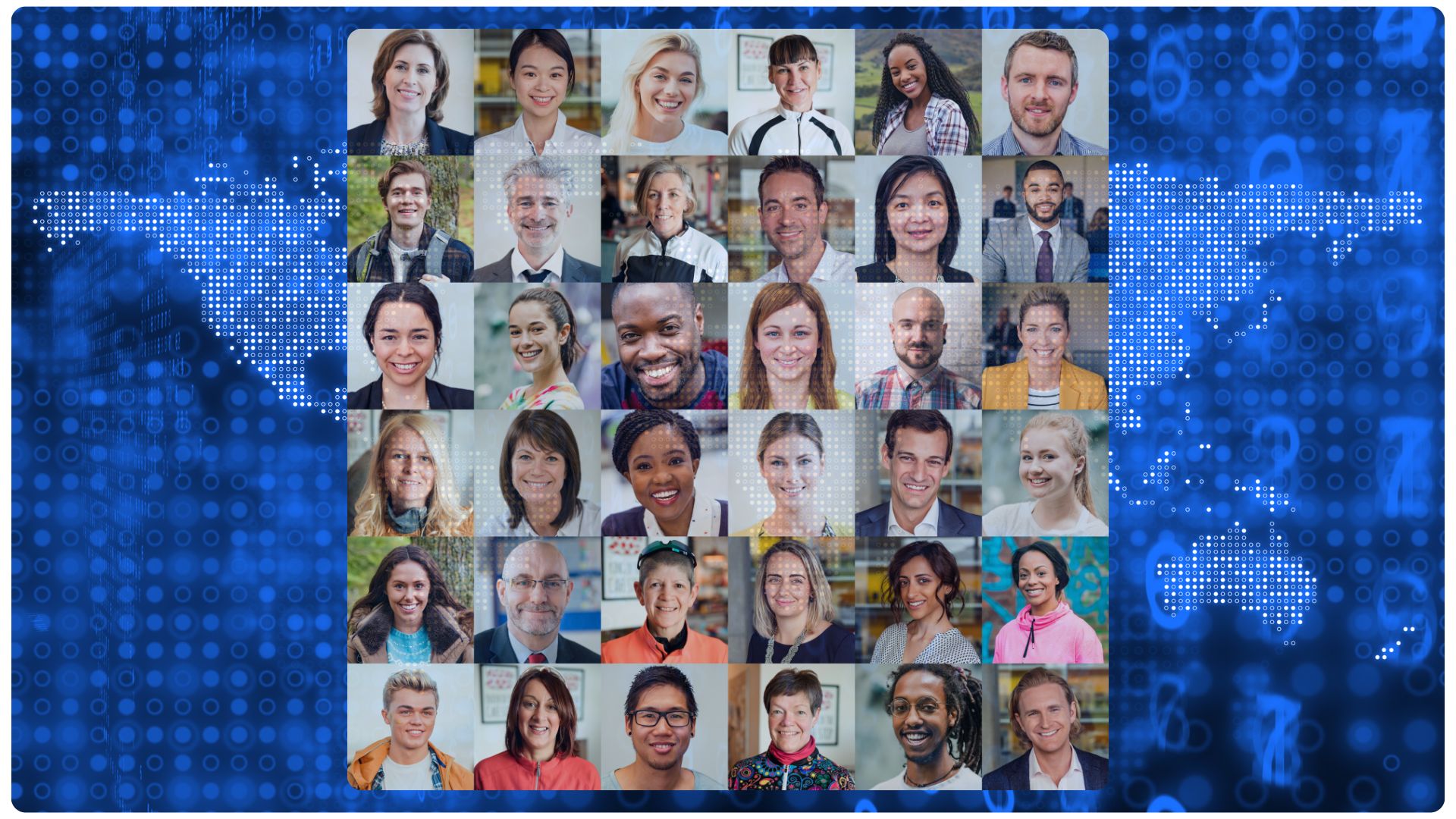In the rapidly evolving landscape of the 21st century, emerging technologies are no longer confined to innovation labs or tech conferences. They are active forces disrupting traditional business models, creating new economic opportunities, and reshaping global markets. From artificial intelligence (AI) and blockchain to advanced robotics and biotech, these innovations are driving a profound transformation across industries and borders.
The Economic Power of Emerging Technologies
Emerging technologies are playing a critical role in accelerating economic growth. Their ability to optimize processes, reduce costs, and unlock new revenue streams is changing how businesses operate.
AI-Driven Business Intelligence
Artificial intelligence is revolutionizing market intelligence by automating data analysis, forecasting trends, and enabling real-time decision-making. AI-powered platforms help companies gain insights into consumer behavior, optimize supply chains, and personalize marketing strategies.
Automation and Productivity
Robotic Process Automation (RPA) and intelligent systems are streamlining repetitive tasks in manufacturing, finance, healthcare, and logistics. This results in increased efficiency, reduced operational costs, and faster time-to-market for products and services.
Blockchain and Financial Innovation
Blockchain technology is transforming the global financial sector by enhancing security, transparency, and decentralization. It is being adopted for cross-border payments, smart contracts, and digital identity management, reducing friction in international trade.
Industry Disruption and Innovation
The transformative power of emerging technologies is being felt across all sectors, pushing companies to adapt or risk obsolescence.
Healthcare
In healthcare, innovations such as wearable health tech, telemedicine, and AI-assisted diagnostics are improving patient outcomes while reducing costs. Biotech advancements are accelerating drug development and personalized medicine.
Retail and E-commerce
Emerging technologies like augmented reality (AR), virtual assistants, and personalized recommendation engines are enhancing the customer experience and boosting e-commerce revenues globally.
Transportation and Mobility
The integration of AI and IoT in smart transportation systems is revolutionizing mobility. Autonomous vehicles, electric transportation, and connected logistics are improving safety and efficiency in urban and intercontinental transit.
Regional Adaptation and Innovation Trends

Different regions of the world are embracing emerging technologies based on their unique economic needs, resources, and policies. Understanding these regional strategies is crucial for businesses seeking to scale globally.
North America
- Strong private investment in AI, fintech, and biotech
- Policy support for innovation hubs and digital infrastructure
- Rapid adoption of cloud computing and cybersecurity solutions
Europe
- Emphasis on sustainable tech and data privacy regulations
- Investment in digital sovereignty and ethical AI frameworks
- Leadership in green technologies and circular economy
Asia-Pacific
- Government-led initiatives in smart cities and 5G deployment
- Leadership in electronics manufacturing and robotics
- Heavy investment in digital health and fintech platforms
Latin America
- Growth in mobile banking, e-learning, and health tech
- Startups leveraging technology for social impact
- Digital inclusion efforts expanding internet access
Africa
- Leapfrogging with mobile-first solutions and renewable energy
- Innovations in agri-tech and mobile health services
- Collaboration between governments and global tech firms
Comparative Table: Regional Focus in Emerging Technologies
| Region | Key Tech Focus Areas | Emerging Trends |
|---|---|---|
| North America | AI, Biotech, Cybersecurity | Venture capital, rapid digital transformation |
| Europe | Green Tech, Data Privacy, IoT | Regulation-driven innovation |
| Asia-Pacific | 5G, Robotics, Smart Cities | Public-private partnerships |
| Latin America | Fintech, EdTech, HealthTech | Mobile-first, social entrepreneurship |
| Africa | Mobile Health, AgriTech, Solar Tech | Leapfrogging development |
The Social and Ethical Dimensions of Tech Disruption

While emerging technologies unlock new possibilities, they also present social and ethical dilemmas that must be addressed globally.
Job Displacement and Workforce Reskilling
Automation and AI are changing the nature of work, displacing traditional jobs while creating demand for digital skills. Governments and businesses must invest in reskilling programs to ensure inclusive economic participation.
Digital Inequality
The digital divide remains a challenge, particularly in low-income regions. Unequal access to technology risks widening socioeconomic gaps unless proactive digital inclusion policies are implemented.
Data Ethics and Privacy
As data becomes a core asset of the digital economy, ethical concerns about surveillance, consent, and data ownership are intensifying. Regulatory frameworks like GDPR and AI ethics guidelines are steps toward safeguarding digital rights.
Future Outlook: A Globally Connected Innovation Ecosystem
As the philosopher Alvin Toffler said, “The great growling engine of change—technology.” This insight encapsulates the momentum we see today as emerging technologies drive a global shift in markets, society, and governance.
The future of global markets will be defined by the ability of nations, companies, and individuals to adapt to technological change while fostering inclusive, ethical, and sustainable growth. Cooperation across borders, investment in innovation, and a shared vision for a better digital future will be key to navigating this transformation.

